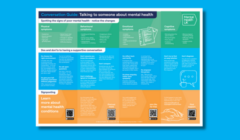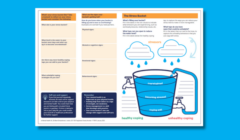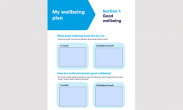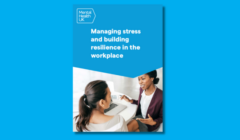
Alcohol and our wellbeing
Alcohol is a depressant, meaning it slows down neural activity. It can interfere with our mood, thoughts and behaviour. There are close links between alcohol and mental health, including the use of alcohol to mask or reduce symptoms of mental-ill health, which can lead to dependency and cause further mental health problems. Understanding our relationship with alcohol can help us to monitor how it effects our mental health.
Alcohol and mental health













